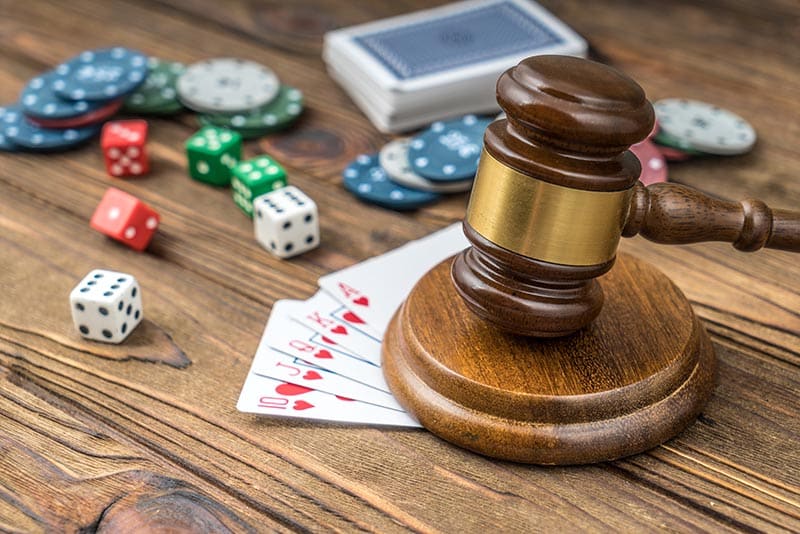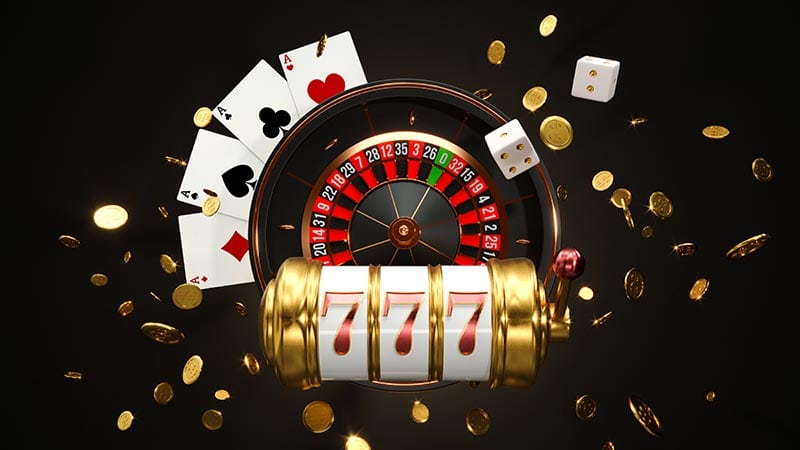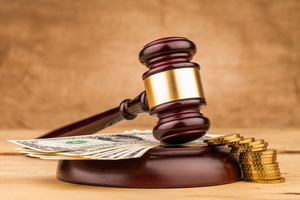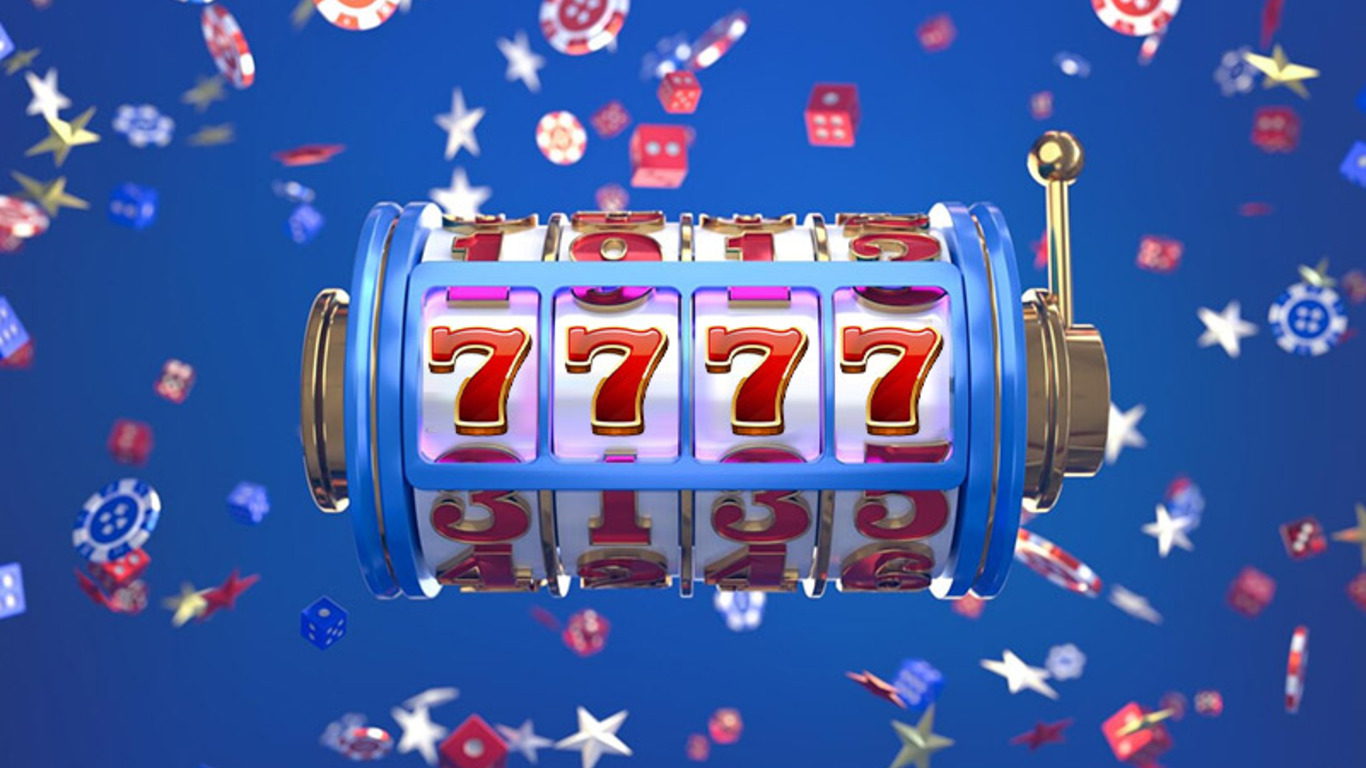Opening a Casino or Betting Business in the Nordic-Baltic Region
The European continent has many attractive and promising gambling markets that offer favourable conditions to entrepreneurs. Some of the most popular are the Nordic and Baltic regions, engaging lots of online gaming investors.
Gambling in the Nordic-Baltic States: Basic Information

Despite the lack of scale, as in Western Europe, the area has well-regulated and booming markets, for example, Denmark and Sweden. Estonia is a Baltic leader in regulating the amusement industry and shows the most liberal attitude. The state is also famous for its rapidly growing economy.
The following wagering entertainment is popular in Scandinavian countries:
- Sweden — casino games, horse racing and draws;
- Denmark — slots, sweepstakes and bookmaker offerings;
- Iceland — lottery, including scratch cards;
- Norway — horse racing, casino games and betting on sports;
- Finland — slot machines, lotteries, etc.
The most famous wagering entertainment in Estonia, Lithuania and Latvia are one-armed bandits and draws.
The main advantages of Northern gambling are as follows:
- High level of player engagement (from 60% to 80% in all states).
- Advanced economy (ensures a significant level of income and a large solvent audience for casino operators).
- High popularity of mobile wagering and gambling sites.
- Powerful responsible gaming policy.
- High profits from the legalised industry (Sweden and Estonia).
A few main drawbacks of wagering in Northern Europe can be distinguished:
- subordination to state monopolies, the number of which is decreasing (for example, in Finland).
- lack of legislation in several states;
- high level of gambling abuse among players (Norway and Iceland).
Wagering Regulation in the Nordic Countries

Let us review the main gaming trends and laws of the Scandinavian states:
Denmark
The revenue from the industry is impressive — in 2020, the iGaming sector's income was 330 million euros.
The autonomous areas differ in regulation: Greenland introduced the Danish Gambling Act developed on the mainland, while the Faroe Islands completely prohibit the internet wagering segment.
Almost all types of entertainment are allowed in the country:
- casino games (slots, card emulators, bingo, etc.);
- wagering excluding virtual sports offers;
- monopoly-owned lotteries.
To open a business in Denmark, an operator needs to:
- apply for a licence (this requires staying in the European Union);
- pay a fee for the obtained permit;
- send monthly commissions in the amount of 28% of the GGR;
- renew the licence every 5 years.
Sweden
The market offers favourable conditions for businessmen. Since 2019, almost all online games have been permitted in the state. The sphere is controlled by the Gambling Act and the Gambling Ordinance.
The digital entertainment market grew significantly during the Covid-19 lockdowns, bringing in €2.44 million in 2020.
The features of the industry regulation are as follows:
- the legality of all wagering activities, as well as virtual and non-sports betting;
- an unlimited number of licences valid for up to 5 years;
- fair annual fees depending on business profits (from 3,000 to 50,000 euros);
- 18% imposition of the monthly GGR.
Finland
The government created the state gaming agency by combining 3 antecedent firms — Veikkaus, Raha-automaattiyhdistys (RAY) and Fintoto.
The state is undergoing the following legislative changes:
- strengthening player identity verification;
- enhancing the system of banning casino promotion.
On the territory of the Aland Islands, there is a regional monopoly provider — Paf. The brand offers terrestrial and web wagering services, earning an annual net profit of over €20 million.
Norway
From the 90s, the industry has been under the control of 2 monopolies, namely:
- Norsk Tipping — managing draws, casino games and sportsbooks;
- Norsk Rikstoto — controlling the sector of horse racing.
The authorities tried to amend the legislation for a more accountable gaming policy in 2020. There were also attempts to revoke the rights of 2 monopolies, but the decision was declined.
Residents of the country can only play on the web resources of foreign companies.
Iceland
This is by far the strictest market in terms of wagering regulation. The majority of entertainment is still prohibited. Charity draws are the only legal games in the country.
Such entertainment projects can only be run by 2 enterprises:
- the University of Iceland;
- the Íslandsspil association.
All funds collected from those draws are spent for the activities of charity institutions.
The Peculiarities of Baltic Gaming

The region is famous for flat rate taxes and a tolerant outlook. The main characteristics of wagering here are the following:
Estonia
The country is famous for its positive attitude towards gaming. The industry is full of diverse legal amusement brands. In 2008, the principal Gambling Act was issued.
These gambling services are the most popular in Estonia:
- internet draws, owned by the local monopoly;
- games of chance (slots and others);
- bookmaker solutions.
In Estonia, the percentage of taxation is relatively lower than in other Nordic and Baltic countries. It is only 5% of the company's net monthly income.
Latvia
The state authorities allow and control various forms of amusement but draws are managed by Latvijas Loto.
The main regulator of the wagering industry is the Lotteries and Gambling Supervisory Inspection of Latvia (IAUI).
The key peculiarities of the country's entertainment environment are:
- high profitability (the industry brought in 307 million euros in 2019);
- a wide variety of wagering amusement (slots, dice, sports betting solutions, etc);
- an unlimited number of licences for both terrestrial and internet businesses;
- taxes in the amount of 10% of the entrepreneur's gross profits.
Lithuania
The country’s gaming sector is profitable, competitive, and has been monitored by the Gambling Control Authority since 2001.
The main characteristics of the industry are as follows:
- the Lithuanian government allows licensed entrepreneurs to offer all traditional entertainment;
- the number of permission documents is not limited;
- taxation is set at the level of 13% of the entrepreneur's GGR;
- the smallest obligatory capital for the activity is about 1 million euros.
The Main Things about Nordic and Baltic Gaming
The main peculiarities of North European gambling are:
- In the Scandinavian and Baltic countries, all types of amusement content are popular (lotteries, slot machines, scratch cards, number games, virtual sports, etc).
- Among the Nordic states, Denmark shows the most potential and brings the highest incomes. In Iceland, on the contrary, only charitable draws can be organised.
- Estonia has the most improved economy and an advanced gambling sphere. Lithuania and Latvia offer an unlimited number of licences for entrepreneurs.
- The main advantages of gaming in the Nordics and Baltics are good economic environments, a high level of player engagement, various mobile opportunities, and a strong fair gambling policy.
Some countries still have monopolies or insufficient legislation. However, recently, governments have started to regulate the industry because of its high profits. Norway and Iceland now actively fight against gaming addiction, introducing new laws.
For more detailed information, leave a request to our managers. They will give you a free consultation.
- e-mail: info@2wpower.com
- Telegram: @Win2Power
Please be careful! We have noticed that scammers are using our contact details to deceive customers.
For security reasons, please use only the contact information provided on the page https://2wpower.com/en/feedback
Our company is not responsible for the actions of fraudsters.












 DEMO
DEMO 



